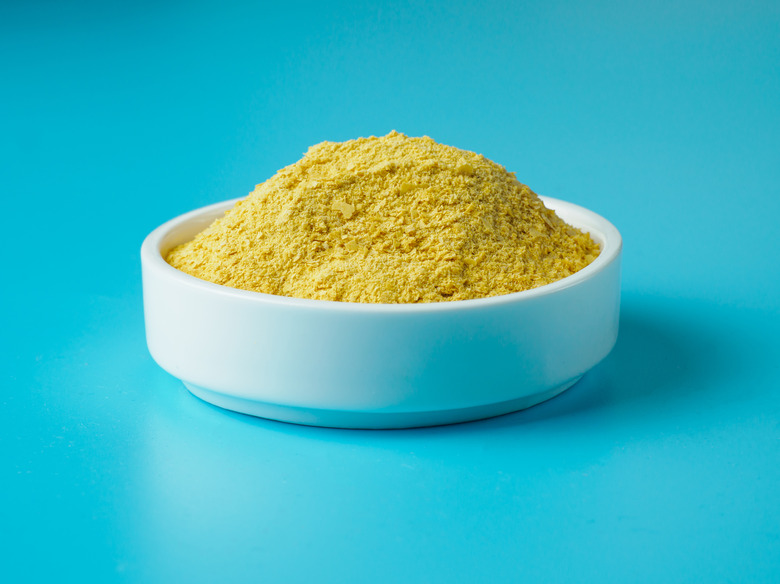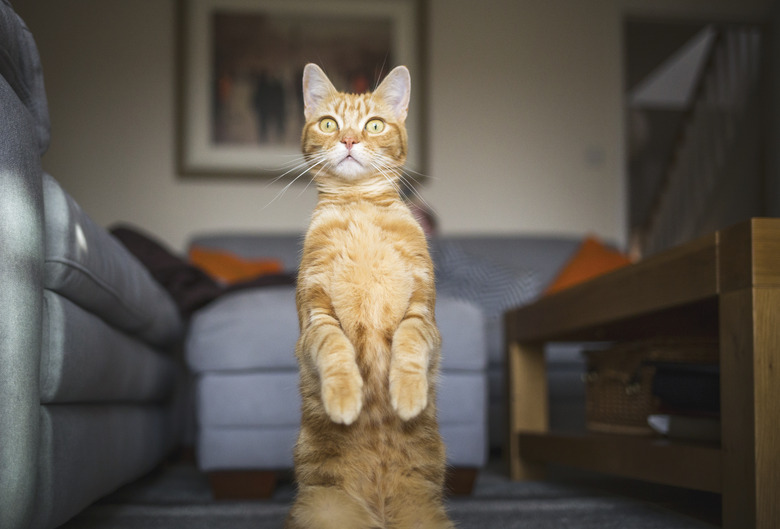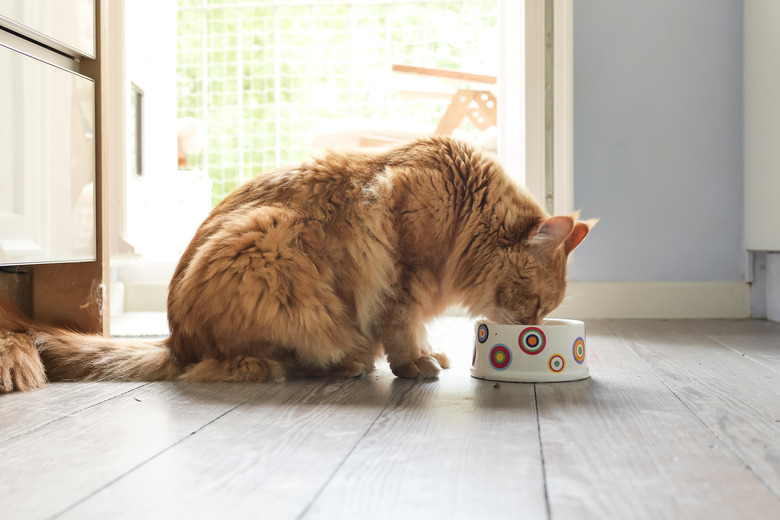Brewer's Yeast For Cats
Adding supplements and vitamins to a cat's diet is a popular practice, but care must be taken to ensure that what you are adding is safe and is the correct dosage. One such supplement is brewer's yeast for cats. Once only a supplement for humans, it's now given to both cats and dogs because it's a source of protein, dietary fiber, vitamin B, and potassium.
Brewer's yeast is believed to enhance the immune system, provide digestive support, and increase food palatability, which is why it's sometimes added to commercial pet food. However, cats can be picky eaters, and some might not find brewer's yeast sprinkled on their food as desirable as dogs might.
Are brewer's yeast and nutritional yeast different?
Are brewer's yeast and nutritional yeast different?
Scientifically, brewer's yeast is saccharomyces cerevisiae, which has been used to ferment beer for centuries. Baker's yeast is also saccharomyces cerevisiae but is not the same strain. Baker's yeast makes bread rise. Do not give baker's yeast to cats or dogs.
Brewer's yeast and nutritional yeast are terms often used interchangeably, but they are not exactly the same. Brewer's yeast is made primarily for fermentation and has a more bitter taste. Nutritional yeast was specifically created as a natural food supplement.
While all three yeasts are saccharomyces cerevisiae, nutritional yeast is specifically created as a food product, so it has a different taste profile. Sometimes, nutritional yeast is fortified with B12, which is significant if this is a vitamin your cat might be lacking.
Benefits of brewer's yeast for cats
Benefits of brewer's yeast for cats
Brewer's yeast is a good source of both B vitamins and the mineral chromium. B vitamins play an essential role in the health of your cat's skin, coat, and eyes. They facilitate fat, protein, and carbohydrate metabolism to keep a cat's energy levels up and support both his liver and nervous system. Note, however, that brewer's yeast does not contain vitamin B12, a vitamin lacking in some cat diets.
Commercial cat food is also often lacking vitamin B1. Severe vitamin B1 deficiency can cause seizures, lack of motor coordination, and even death. Also, some but not all brewer's yeast contains chromium (it's often removed in nutritional yeast because it tastes bitter). Chromium can be used to regulate blood sugar in diabetic cats after diagnosis. A veterinary concern with supplements is that sometimes they are used to treat symptoms, leaving underlying causes to go without correct treatment for too long.
Some cats are allergic to both brewer's yeast and nutritional yeast. If your cat starts scratching or showing other signs of an allergic reaction, stop giving her brewer's yeast and all yeast-containing products. Side effects of brewer's yeast for cats include stomach upset, vomiting, and diarrhea.
Brewer's yeast for fleas
Brewer's yeast for fleas
Finding natural and eco-friendly solutions for flea medications and pesticides is currently trendy, so many pet people are advocating the use of brewer's yeast or nutritional yeast for cats as an alternative flea prevention method. Other than anecdotal observations, there's no scientific evidence that either brewer's yeast or nutritional yeast works as cat food flea control. However, because brewer's yeast contains thiamine and fleas are repulsed by the smell and taste of thiamine, it's believed to be a natural flea repellent. Fleas apparently don't like the taste of thiamine on the cat's skin or in the blood.
A 1983 study published in the Journal of the American Veterinary Medical Association found that giving dogs 14 grams of brewer's yeast each day for five weeks neither repelled nor killed fleas. Cats were not included in the research. This study is still widely cited because few research studies about the issue have been completed since that time, including those studying the use of nutritional yeast.
Brewer's yeast for cats dosages
Brewer's yeast for cats dosages
Brewer's yeast for cats is manufactured in the form of liquids, tablets, and powders. Any of them can be mixed with your cat's food. Sometimes, it's recommended that brewer's yeast be combined with garlic to increase effectiveness. However, garlic is toxic to cats. Do not give your cat garlic.
A dose of half a teaspoon of brewer's yeast or nutritional yeast per day for your cat is enough. If you're using a commercial tablet or liquid, follow the dosage instructions on the package. Also, check to see if there is already brewer's yeast in the food you are feeding your cat. Brewer's yeast can also be added to raw diets and homemade pet food to ensure additional nutrition.
References
- Great Pet Care: Benefits of Brewer's Yeast for Dogs and Cats
- California Veterinary Supply: The Health Benefits of Brewer's Yeast
- Journal of the American Veterinary Medical Association: Failure of Brewer's Yeast as a Repellent to Fleas on Dogs
- All Things Nature: How Effective is Brewer's Yeast for Fleas?
- University of Massachusetts Center For Applied Nutrition: Nutritional Yeast – Nourishing or No-Go?
- Clean Green Simple: Brewer's Yeast vs Nutritional Yeast: Which Is Better for You?


